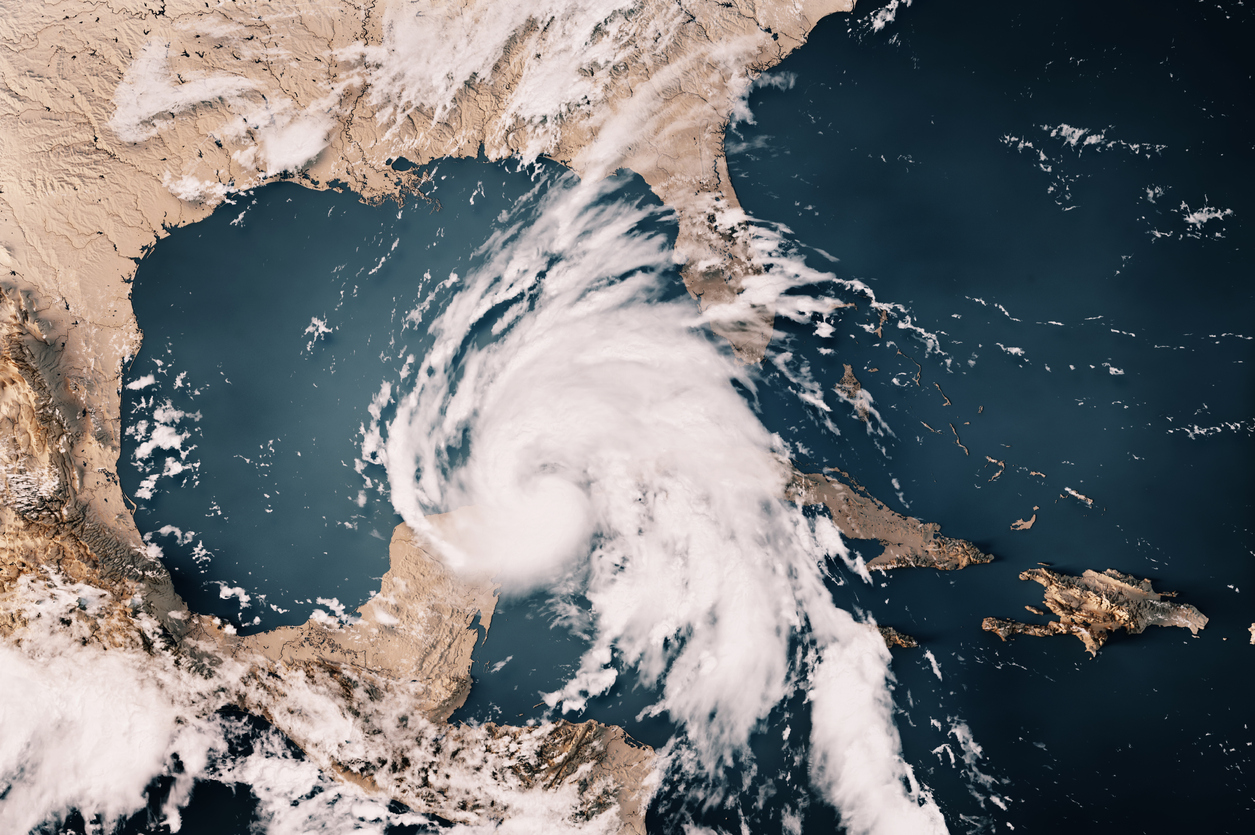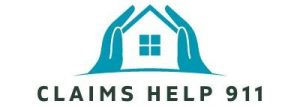Understanding the Aftermath of Hurricane Helene: A Homeowner’s Guide
Living in Florida means dealing with hurricanes, and the recent Hurricane Helene in 2024 has left many homeowners grappling with its aftermath. With high winds, torrential rain, and flooding, hurricane Florida disasters like Helene can lead to significant property damage. Understanding how to assess damage, navigate insurance claims, and protect your home after a hurricane is crucial.
This guide will walk you through everything you need to know about managing the aftermath of Hurricane Helene 2024 and how to best protect your investment moving forward.
Assessing the Damage After Hurricane Helene
The first step after a hurricane passes is to assess the damage to your home. Whether it’s minor damage or more severe structural issues, this process is essential for insurance purposes and determining necessary repairs.

Types of Damage to Look For
- Roof damage: Check for missing shingles, leaks, or broken tiles.
- Water intrusion: Look for water stains on ceilings and walls, indicating leaks from rain or flooding.
- Foundation issues: Flooding can lead to cracks or weakening of your home’s foundation.
- Broken windows and doors: Flying debris can shatter glass or damage door frames.
- Debris damage: Fallen trees or branches can damage roofs, gutters, or walls.
Step-by-Step Guide to Documenting Damage
After Hurricane Helene hits, it’s vital to thoroughly document any damage to your property. This will help with insurance claims and repairs.
- Take Photographs: Use your smartphone or a camera to photograph all visible damage. Take wide shots of each area affected and close-ups of specific issues like broken shingles or water damage.
- Create a List: Write down all the areas of damage you observe. Be as detailed as possible, including the extent of the damage and the approximate area affected.
- Record Videos: A video walkthrough of your home showing all damage areas can be very helpful for insurance adjusters.
- Save Receipts: If you’ve already made emergency repairs (like tarping a roof or boarding windows), save all receipts as your insurance company may reimburse these expenses.
Contacting Your Insurance Company
After documenting the damage, the next step is to contact your insurance company to file a claim. Be prepared to provide:
- Your policy number
- A description of the damage
- Photos and videos of the affected areas
- Any emergency repairs that have been made
Most insurance companies have dedicated hotlines for storm-related claims during hurricane season, and they will assign an adjuster to assess the damage.
Working with an Insurance Adjuster
The insurance adjuster’s role is to evaluate the damage to your property and determine how much your insurance company will cover. Here are some tips to ensure the process goes smoothly:
- Be present during the inspection to ensure the adjuster sees all areas of damage.
- Provide documentation: Show the adjuster the photos and videos you took immediately after the hurricane.
- Ask questions: Make sure you understand what will be covered under your policy and what won’t.
If you’re not satisfied with the adjuster’s evaluation, you can hire a public insurance adjuster to represent your interests and negotiate a higher payout on your behalf.
Public Insurance Adjuster Florida services can help homeowners get the maximum compensation for hurricane damage claims.
Emergency Repairs to Prevent Further Damage
In the aftermath of Hurricane Helene 2024, preventing further damage to your home is essential. Most insurance policies require homeowners to take reasonable steps to mitigate damage after a storm, which may include:
- Tarping the roof to prevent further water leaks
- Boarding up windows to secure your home from the elements
- Removing debris that could pose a safety hazard or cause additional damage
Make sure to document any emergency repairs and keep receipts, as your insurance company will likely reimburse these expenses.
Common Challenges with Hurricane Claims
Hurricanes often result in a high volume of insurance claims, which can lead to delays, disputes, or issues with coverage. Below are some of the common challenges homeowners face after Hurricane Helene:
1. Delayed Claims Processing
Due to the large number of claims following a hurricane, insurance companies may experience backlogs, causing delays in processing and payout.
Solution: Stay in regular contact with your insurer, and keep detailed notes of all communications. If your claim is delayed beyond reasonable expectations, consider hiring a public insurance adjuster to help expedite the process.
2. Underpayment of Claims
Insurance companies may attempt to underpay claims, particularly for roof repairs or flood damage. This is often due to disagreements over the extent of the damage or misinterpretation of policy terms.
Solution: Always get multiple estimates from licensed contractors and compare these with the insurance adjuster’s report. If necessary, negotiate the settlement amount with your insurer or hire a public adjuster.
3. Denied Claims
Some homeowners may face claim denials, particularly for damage that insurers attribute to pre-existing conditions or poor maintenance.
Solution: Review your policy carefully to ensure that the damage is covered. If your claim is wrongfully denied, consult with a public adjuster or an attorney to appeal the decision.
Finding Hurricane Emergency Resources
In the immediate aftermath of Hurricane Helene, many homeowners may need access to emergency resources. Here are some key resources that can help during this challenging time:
- FEMA Assistance: If your home has suffered severe damage, you may qualify for financial assistance from FEMA. This can cover temporary housing, repairs, and other essential needs.
- Local Shelters: For those displaced by the storm, check with local authorities for a list of emergency shelters in your area.
- Food and Water Distribution: In the aftermath of hurricanes, many communities set up relief centers for distributing food, water, and essential supplies.
Always monitor Hurricane Helene updates through local news or emergency services for real-time information on recovery efforts and available resources.
Rebuilding After Hurricane Helene
Once your insurance claim is processed, you can begin the process of repairing or rebuilding your home. Finding the right contractors to handle these repairs is critical, especially in the wake of a hurricane when demand for construction services is high.
Tips for Hiring Contractors
- Verify Licensing: Ensure that any contractor you hire is licensed and insured to work in Florida.
- Get Multiple Estimates: Compare quotes from different contractors to ensure you’re getting a fair price for the work.
- Check References: Ask for references from previous clients to confirm the contractor’s quality of work and reliability.
Hurricane Damage services can connect you with licensed contractors experienced in hurricane repairs.
Preparing for Future Hurricanes
While dealing with the aftermath of Hurricane Helene is daunting, it’s also an opportunity to prepare your home for future storms. Consider these long-term investments:
- Install hurricane shutters: Protect your windows from flying debris during storms.
- Upgrade your roof: Choose impact-resistant materials that can withstand high winds.
- Improve drainage: Ensure that water flows away from your home to prevent flooding.
Conclusion: Protecting Your Home After Hurricane Helene
Navigating the aftermath of Hurricane Helene 2024 requires careful attention to damage assessment, insurance claims, and long-term repairs. By following these steps, you can ensure that your home is restored and that you are fully compensated for any damage.
If you’re facing challenges with your hurricane claim or need expert help with the process, consider reaching out to a public insurance adjuster who can advocate on your behalf. For assistance, explore resources like Public Insurance Adjuster Florida to ensure you get the compensation and support you need during this difficult time.
